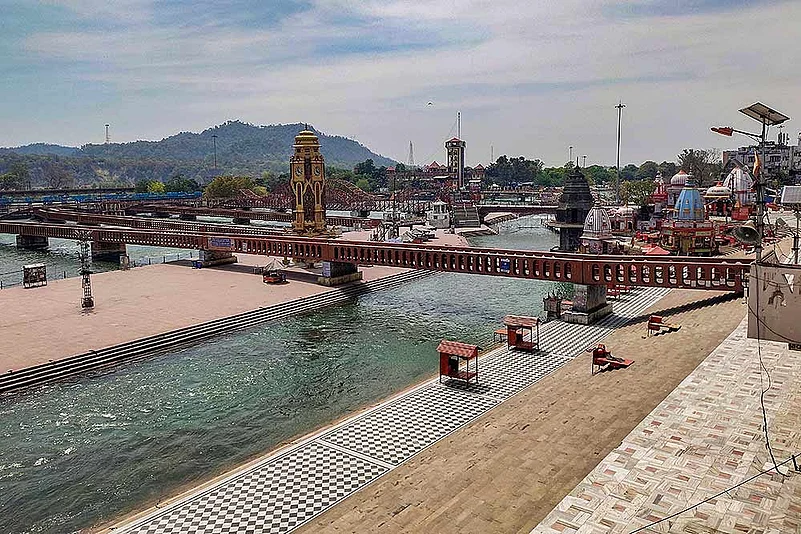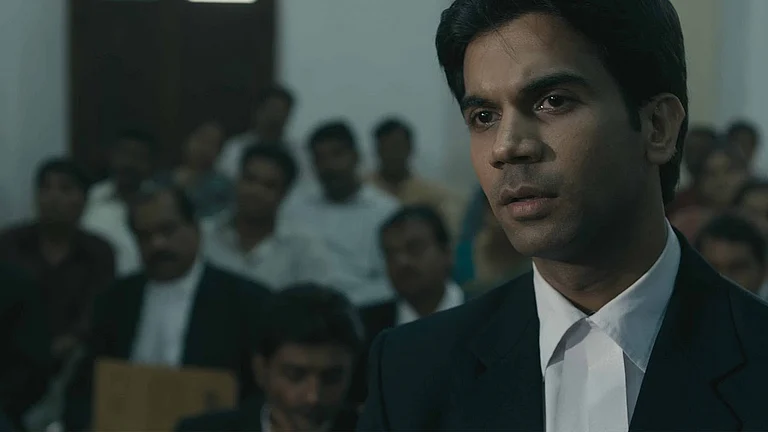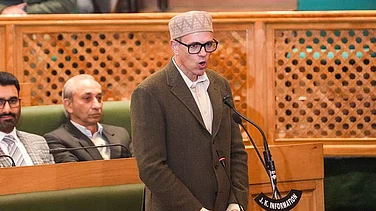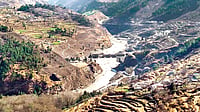My money or my life? Can I have both? Gopal Bhatt’s old Alto was uncool. Tourists wanted a bigger, more comfortable taxi. He took a loan in January and his Wagon-R arrived with the lockdown. It’s been parked since. The three-month EMI moratorium didn’t help. The tourists haven’t returned. Whether be homestays, resorts or roadside dhabas, most such operators depend upon tourists for survival. At least 80 per cent tourism revenue comes in May and June. This year it was zero. The unlock hasn’t changed anything. The lockdown put tourism in a coma. An unlock doesn’t mandate it’s revival. There are two main problems—tourists are afraid to travel, and locals are scared of the few who do. Two carloads of tourists arrived at a local resort and moved around visibly instead of staying in quarantine. The village pradhan made them leave. All tourists are banned from that resort and nearby villages. Bad news for everyone.
The fear is understandable. Healthcare is hard to access, and the local populace is poor. A single infection could devastate the community. Yet, we want the tourists for our livelihood. Catch-22. Either we stay safe and our children go hungry, or we feed our kids but risk lives. To revive tourism, everyone needs to feel safe. Both, the visitors and the operators, need the knowledge and confidence that they will be safe.

Gopal Bhatt and his new Wagon-R
Assurances mean nothing. Confidence comes from strong process and communication. This confidence can come from three steps. First, define clear standard operating procedures (SOPs). What does a taxi driver have to do for safety and sanitisation? Or a hotel or cafe? “Social distancing” and “sanitisation” should be translated into specific activities. Once a cabbie knows that he has to wear a mask, ensure all passengers sanitise hands and wear masks, and that he cannot take more than X number of passengers, then it becomes concrete steps.
Some SOPs exist. A 42-page PDF in babu English is floating around. It is hard to understand. Such documents need to be translated into simpler text messages or videos and shared widely. SOPs are needed for tourists, too.
Second, equip and train operators on these SOPs. Training can happen via technology and local staff. Many educated employees—schoolteachers, medical officers, police etc are in all districts. While some are overworked, others may have the time for such simple activities. Competent NGOs in the state can help. Basic things like infra-red thermometers or sanitisers maybe unavailable or expensive for some.
Third, communicate clearly and consistently in both Hindi and English. Right now, there is confusion. Rumours abound. Circulars say tourists can come. The cops at the border say they can’t...some tell tourists to home quarantine in Uttarakhand. Whatever that means.
The Uttarakhand tourism website’s most recent Covid update is dated March 20. Of two listed helplines, one doesn’t work. The other picked after four attempts. “Can I host tourists at my guesthouse?” I asked. “Ask the SDM office.” Was the reply from the control room. The SDM office rang and rang.
My little MSME website offers WhatsApp chat. Why can’t the state tourism website? The government has phone numbers and emails of every registered operator. The government should use this to convey information and provide clarity.
True, the situation is dynamic and uncertain. With clear SOPs, training, material and communication, the administration can offer a sense of safety and be part of the solution. This will make both operators and tourists feel safe. This can mean the difference between Gopal keeping his new cab or the bank taking it away.
ALSO READ:
(Mahajan is an author and co-founder of the Himalayan Writing Retreat )






















